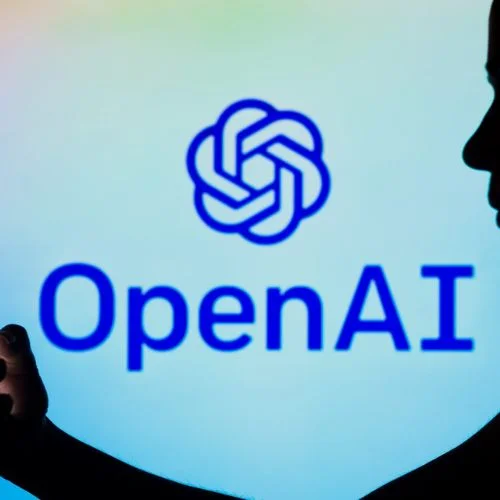The advent of blockchain technology is expected to boost innovation in many aspects of our lives through the distribution and removal of connectors, which gives India a unique opportunity to take the digital jump.
What is Blockchain Technology?
As you read this article, you may have heard about the popular blockchain technology. The term has gained momentum since Satoshi Nakamoto (the father of Bitcoin), published his famous white paper on a cryptography list describing a type of digital currency that would allow secure transactions, and peer-to-peer transactions without the involvement of any intermediary, whether government, financial system or company.
Although Satoshi disappeared shortly after giving the world its first cryptocurrency, technology has expanded with new inventions and cases of better utilization. By 2020 itself, the global blockchain market size was estimated at $ 3 bn and is expected to reach $ 39.7 bn by 2025, growing at an impressive CAGR of 67.3% over the stated period.
Applicability of BlockChain
Blockchain has a wide range of functionality. It can introduce a completely new way of dealing with business problems with improved performance. There are several businesses that embrace this idea and given how India wishes to position itself in the technology space in the years to come, this trend will continue. In addition, technical efforts in India are backed by overseas players as well. Foreign direct investment (FDI) in computers and hardware has more than tripled to $ 26.14 bn between 2020-21 due to significant growth in the country’s technology base, according to data from the Department of Industry and Internal Trade. The sector received $ 7.67 bn FDI for 2019-20 and $ 6.41 bn for 2018-19. The computer and computer software sector accounted for approximately 43% of the total revenue of $ 59.63 bn attracted by India in 2020-21.
The factors that drive BlockChain Adoption in India
There are a few factors that drive blockchain adoption in India, one of which is digital deployment. Over the past decade, India has successfully created digital infrastructure aimed at empowering independent corporate applications such as Aadhaar, UPI, e-Sign and Digilocker as well as digital-enabled tax management networks such as GSTN or healthcare. digital-enabled as Pradhan Mantri Jan Arogya Yojana (PM-JAY).
Types of BlockChains
There are two basic types of blockchains: public and private. Public blockchains are 100% licensed, which means that anyone can participate within the blockchain and can join the network. Experts say that large-scale adoption of the public blockchain could lead to greater investment, data ownership and non-conflict processes at intermediate and mid-level levels.
Conclusion
India has great potential when it comes to cryptocurrency trading due to its progress on the blockchain platform, as most technologies and financial firms have embraced the diversified financial diversification. The Indian market is full of opportunities for investors and the economy as a whole. Even before the crypto ban was lifted, some crypto enthusiasts turned to P2P trading, with a degree of skepticism and uncertainty.
Also Read About :
Google Cloud Planning To Invest in Blockchain Businesses
Curious Case of Blockchain Sustainability and Its Biggest Champion – 5ire
Top Blockchain Startups in India to look out for in 2022
Top 10 Cryptocurrency to Invest in India
10 Best Crypto Wallets in India
The future of cryptocurrency in India, is it worth investing?















